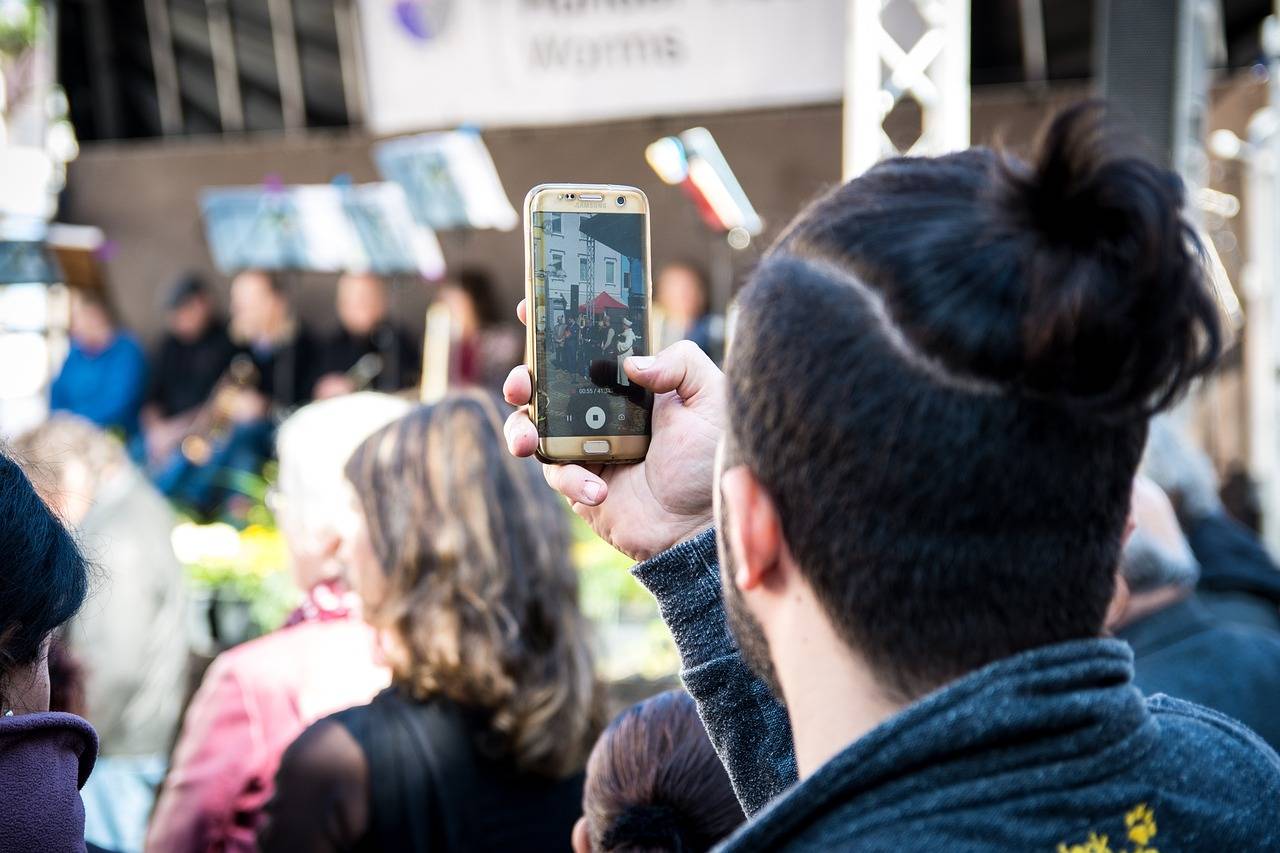Exploring the Psychology of Celebrity Worship Behavior
Celebrity worship behavior has roots that can be traced back to ancient times. The admiration and fascination for individuals possessing exceptional talents or status has been a prevalent aspect of human society throughout history. From renowned leaders in politics and religion to talented artists and performers, people have long been drawn to those who stand out from the crowd.
The evolution of media, specifically the rise of mass media in the 20th century, played a significant role in fueling celebrity worship behavior. With the advent of photography, radio, and later television, individuals could now access information and images of celebrities more easily than ever before. This increased exposure to the lives of the rich and famous further intensified the public’s fascination with celebrities, shaping the way we perceive and interact with them today.
The Impact of Social Media on Celebrity Worship Behavior
Social media has transformed the way individuals engage with celebrities, creating a direct and constant connection between fans and their idols. Platforms like Instagram, Twitter, and TikTok provide fans with unprecedented access to the personal lives of celebrities, blurring the lines between reality and fantasy. This constant stream of content allows fans to feel intimately connected to their favorite stars, fostering feelings of admiration and adoration in ways that were not possible before the digital age.
Moreover, the rise of social media has democratized fame, allowing everyday individuals to attain celebritity-like status through platforms like YouTube and Snapchat. This has led to a proliferation of online influencers who amass large followings, further fueling the culture of celebrity worship in society. The widespread popularity of these influencers on social media channels has reshaped traditional notions of fame and celebrity, contributing to the phenomenon of parasocial relationships where fans feel deeply connected to these online personalities.
How does social media contribute to the increase in celebrity worship behavior?
Social media provides a platform for fans to closely follow and engage with their favorite celebrities, leading to a sense of connection and intimacy that can fuel obsessive behavior.
What are the different levels of celebrity worship behavior?
There are three levels of celebrity worship behavior: entertainment-social, intense-personal, and borderline-pathological. These levels indicate the degree of obsession and involvement with a celebrity.
Can celebrity worship behavior have negative consequences?
Yes, celebrity worship behavior can have negative consequences such as unrealistic expectations, decreased self-esteem, and even mental health issues like depression and anxiety.
How can individuals manage their celebrity worship behavior?
To manage celebrity worship behavior, individuals can limit their exposure to celebrity-related content, focus on their own lives and relationships, and seek professional help if the behavior becomes concerning.





